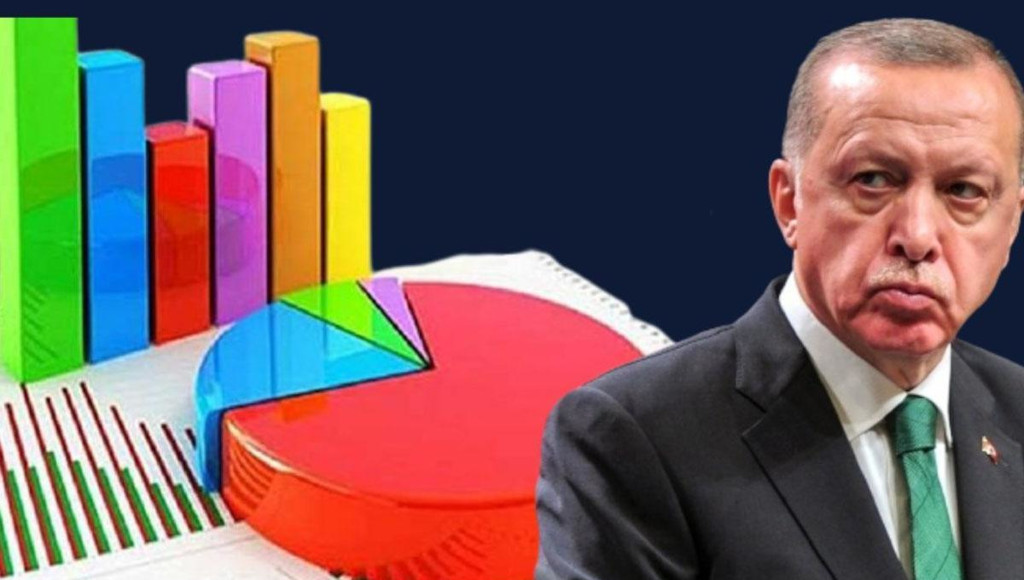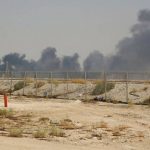“Greet people on the way because you might need their help on your way back”, goes one wise saying. Apparently, if there is anything Turkey President Recep Tayyip Erdogan and his ruling pseudonym Justice and Development Party (AKP) have overlooked, forgotten or ignored with impunity, is exactly that. And this has been to the extent that within two decades on the governance road, the safety status of Erdogan and AKP befits Africa’s indigenous knowledge concept of “kukalia kuti kavu” — sitting on a dry palm frond.
With presidential and parliamentary elections around the corner in Turkey, the worst thing to hear about the otherwise once Erdogan-AKP good governance global model is electoral support dropping to historic low. In the last general election, held in June 2018, the AKP garnered a nationwide vote of 42.6 percent. However, public surveys have increasingly been showing the party’s public support to be slipping
“If a general election were to have been held last month (January 2022), the Justice and Development Party (AKP), which has been ruling Turkey practically as a single-party government since 2002, would have received a nationwide vote of 23.3 percent, coming in second after the main opposition party”, according to a survey conducted by the Eurasia Public Research Center (AKAM).
AKAM President Kemal Özkiraz says the survey showed AKP falling behind the main opposition Republican Peoples’ Party (CHP), which would have bagged 25.1 % of the vote. It further revealed that even President Recep Tayyip Erdoğan himself would have been defeated by each of his three potential presidential rivals –- CHP leader Kemal Kılıçdaroğlu by a percentage ratio of 55.4:36.8; İstanbul Mayor Ekrem İmamoğlu 60.8:36.7; and Ankara Mayor Mansur Yavaş 61:33.9.
Özkiraz attributed this Erdogan-AKP precarious position to electricity bills which had been hiked by around 50% for lower-demand (low-income) households and more than 100% for high-demand commercial users setting off big protests in a number of cities. Every sector of the Turkish society has had its own way of going about it. CHP leader Kemal Kılıçdaroğlu said he will not pay his power bills until Erdogan withdraws the hiked prices – a move which the ruling party takes as provocation. He has petitioned the Council of State, the country’s top administrative court, to cancel the hikes, arguing that they are unlawful and against public interest.
Restaurant owners have turned off electricity for one hour and served meals under candlelight. There have been incidents of people setting their electricity bills on fire and calling on the Justice and Development Party to resign. Healthcare workers have staged a strike demanding better remunerations in the wake of higher cost of living.
As Peoples’ Democratic Party (HDP) spokesperson Ebru Gunay put it in her weekly press briefing, “citizens are faced with darkness and hunger as the prices of all items such as natural gas, fuel oil, bridge and highway fees have seen a 100-percent increase…The wheel of hunger and exploitation has become unbearable…leading citizens to take to the streets saying ‘enough is enough’ to the electricity bills which have turned into a robbery.”
“We have been going through the coldest winter of the past thirty years but people cannot get warm. Especially the electricity bills sent to workplaces lead to poverty and unlawfulness,” she lamented in her statement.
To members of the Alevi community, who number 12-15 million people out of Turkey’s estimated 84 million, the new electricity prices have translated into a form of social discrimination. Their places of worship have been categorized as commercial entities attracting a 100% tariff hike. In protest, their nationwide community leaders have signed a declaration for not settling the new bills.
The Turkish government does not recognize the worship rights of more than 18% of its subjects whereby tainting its policies and practices. When asked about the policies of the AKP government in general in the AKAM survey, 63.4 percent said they were “unsuccessful,” while 9.1 percent said they were “partly successful” and 27.5 percent said they were “successful.”
In a separate survey report just released by Ankara-based MetroPoll, 49.7 percent of voters said they “feel closest to” the country’s opposition bloc or “preferred” it over President Erdogan’s alliance. MetroPoll owner Ozer Sencar said that the figures did not, however, reflect the pressure that recently increased electricity and gas prices have imposed on people.
If the MetroPoll survey report is something to go by, this should send chills down the Erdogan-AKP spine. More so when one takes into account news that six leaders of the opposition parties are scheduled to attend a summit to fine tune a joint declaration for their proposed road map on the country’s return to a parliamentary system.
Following a referendum in 2017, Erdoğan has since practically created a one-man rule destroying the separation of powers under the presidential system, which replaced the parliamentary system and granted him big powers the manifestations of which are reflected in many domestic and foreign scenes.
In a 22-page draft document, the opposition bloc looks forward to a stronger parliamentary system, need to reduce the concentration of powers in the hands of the president and return power to the government and prime minister. The president will return to playing a symbolic role and elected to a single term of seven years.
It proposes to lower the election threshold from the present ten percent, which is the highest in the world, to three. The president will not be granted chances of making decrees. Available records show that President Erdogan has made more decrees than all bills passed through parliament.
The Supreme Council of Judges and Prosecutors will have more independence accompanied by the creation of a separate entity for the judges and prosecutors. The proposed summit will also discuss the question of a joint candidate.
All said, one clearly sees President Erdogan and AKP already sitting on a dry palm frond. And if the opposition bloc agenda goes through, Turkey rulers could find themselves having to change their posture to squatting, which is riskier for being toppled. Africa indigenous knowledge equates this to being as easy as “kusindika atandamile” – pushing a squatting person. The question remains: “Is Erdogan ready or prepared to go?”
By: FELIX KAIZA
Source: Polit Turco



